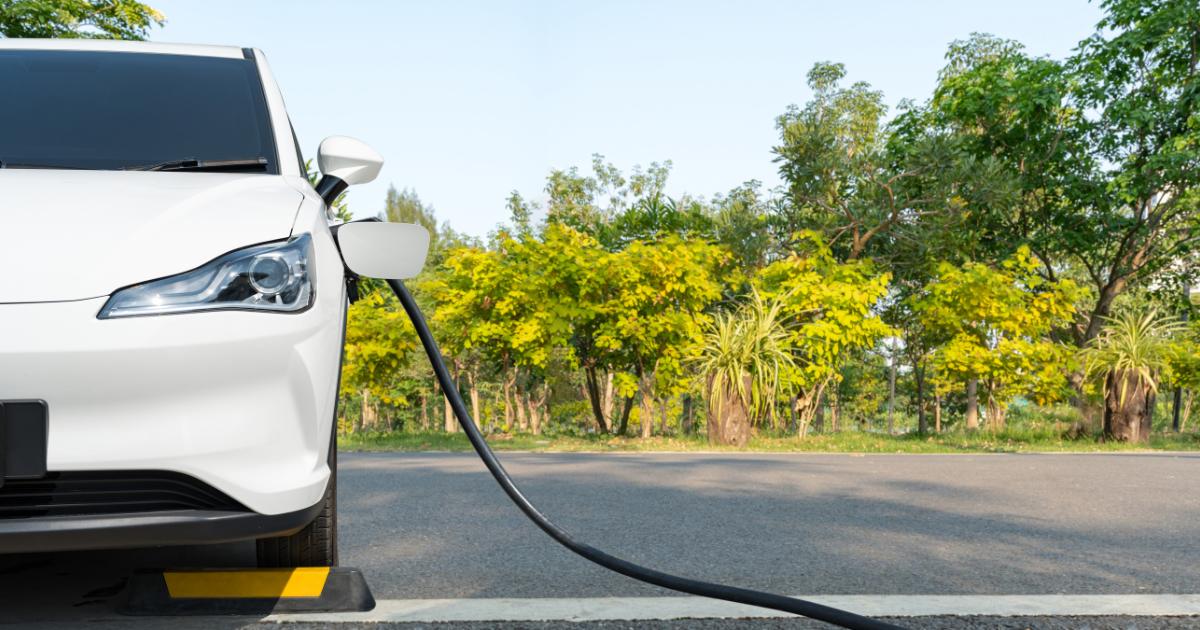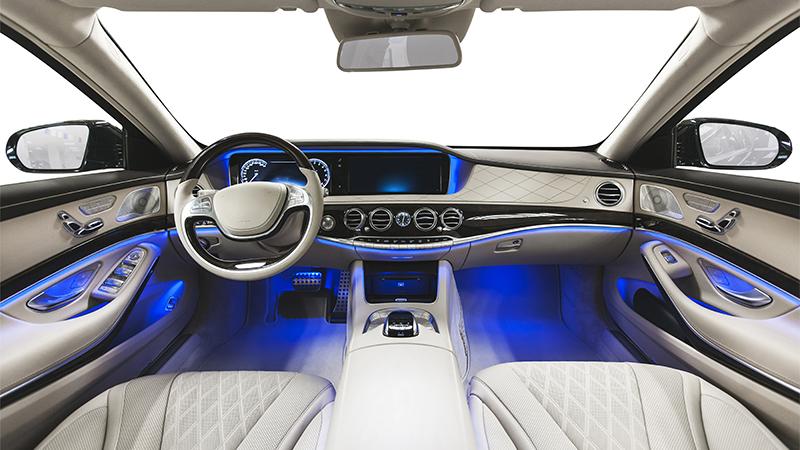Advertisement
EVs vs. Hybrids: Shaping the Future of Transportation
Electric vehicles are rapidly becoming the go-to solution for eco-conscious drivers. Powered entirely by electricity, EVs offer zero-emission driving, making them an attractive choice for reducing carbon footprints. With advancements in battery technology, EVs have improved in terms of range, charging speed, and affordability, making them more accessible to the average consumer. In 2025, it’s expected that more automakers will have fully transitioned to electric powertrains, with a broad variety of EVs in different price ranges and styles available.
One of the most appealing benefits of EVs is the savings on fuel costs. With electricity prices typically lower than gasoline, driving an EV can significantly reduce your monthly fuel expenses. Moreover, many countries and regions are offering attractive incentives for EV buyers, such as tax credits, rebates, and even free charging stations in public areas. These incentives make the transition to EVs more affordable and appealing.
However, there are still challenges that potential EV buyers must consider. For one, the range of many EVs remains a concern. Although battery technology has improved, many electric vehicles still can’t match the range of their gasoline counterparts. For example, while premium EV models can achieve 300 miles or more on a single charge, many affordable options still have a range of about 150-200 miles. As charging infrastructure continues to expand, this issue will likely become less of a problem, but it’s still something to keep in mind for long-distance drivers.

Hybrids vs. EVs: A Balanced Solution?
Hybrid cars, which combine a gasoline engine with an electric motor, are a great middle ground between traditional combustion vehicles and fully electric options. Hybrids offer the fuel efficiency benefits of electric driving without the range anxiety that some EV owners experience. The gasoline engine automatically kicks in when the battery charge gets low, allowing hybrids to travel long distances without worrying about running out of power.
For many consumers, hybrid cars offer the best of both worlds—lower emissions and improved fuel economy with the flexibility of a traditional engine. The Toyota Prius, for example, remains one of the most popular hybrids on the market, offering impressive fuel economy and relatively low emissions. As hybrid technology continues to improve, newer models are becoming more efficient, with plug-in hybrid options (PHEVs) providing the ability to charge the battery for short trips and use the gasoline engine for longer drives.
Hybrid cars also have the advantage of being more affordable than their fully electric counterparts. While EV prices have been dropping, hybrids typically come at a lower initial cost. This is an important factor for consumers who want to benefit from fuel-efficient technology but don’t want to make the jump to a fully electric vehicle just yet. Additionally, hybrids don’t require access to the extensive charging infrastructure that EVs depend on, making them an appealing choice for those who live in areas with limited access to charging stations.
However, one downside to hybrid vehicles is that they still rely on gasoline, which means they don’t offer the same level of environmental benefits as fully electric cars. While hybrids emit fewer pollutants than traditional cars, they still contribute to carbon emissions, making them less environmentally friendly in comparison to EVs.
Advertisement
EVs vs. Hybrids: Weighing Costs and Incentives
When comparing EVs and hybrids in 2025, cost is a significant factor for many consumers. While both vehicle types typically qualify for some form of government rebate or incentive, EVs have more aggressive incentives in place. For example, the U.S. government offers a federal tax credit of up to $7,500 for new electric vehicles. Additionally, some states offer additional tax rebates, free charging, or exemptions from tolls and congestion fees, which can further lower the total cost of ownership.
Hybrids, on the other hand, generally don’t qualify for as generous rebates. However, they are often less expensive upfront than EVs, which may make them a more attractive option for those who are not ready to fully invest in an electric car. Hybrid cars also tend to have a longer lifespan than their fully electric counterparts, primarily due to their reliance on gasoline engines for longer trips.
In terms of operating costs, EVs are typically cheaper to maintain than hybrids or traditional vehicles. Since EVs have fewer moving parts (no engine or transmission) and don’t require oil changes, maintenance costs are significantly lower. However, battery replacement can be expensive, although battery technology is improving, and warranties for EV batteries are typically long-term.
Environmental Impact: EVs vs. Hybrids
One of the most compelling reasons to choose an EV over a hybrid car in 2025 is the long-term environmental impact. EVs produce zero tailpipe emissions, which helps reduce air pollution and greenhouse gases. As more power grids shift to renewable energy sources, the environmental benefits of driving an electric vehicle will only increase.
Hybrids, while more eco-friendly than traditional cars, still contribute to emissions due to their gasoline engines. In addition, the production of hybrid cars involves both electric and gas-powered components, which requires more resources and energy. While hybrids are an improvement over gas-powered cars, they don’t have the same long-term sustainability advantages that EVs offer.

Choosing Between EVs and Hybrids: What’s Right for You?
The decision between an EV and a hybrid in 2025 largely depends on your lifestyle, budget, and environmental goals. If you live in an area with a strong network of charging stations, have access to incentives, and want to reduce your carbon footprint as much as possible, an EV might be the better choice. It offers the lowest long-term operating costs and the most significant environmental impact.
However, if you frequently drive long distances, have limited access to charging infrastructure, or are looking for a more affordable option, a hybrid may be a more practical solution. It combines the best elements of gasoline and electric vehicles, offering great fuel efficiency without the anxiety of range limitations.
Advertisement
Conclusion
In the battle of EVs vs. hybrids, both options offer distinct advantages. By 2025, EVs will likely continue to push the envelope in terms of performance, affordability, and sustainability. However, hybrids remain a practical choice for those seeking a more versatile vehicle. Ultimately, the best choice depends on your personal needs and priorities. Whether you go fully electric or opt for a hybrid, both types of vehicles represent a significant step toward a more sustainable future for transportation.
References
- Berman, Brad. “The Rise of Electric Cars: The Future of Transportation.” Automotive News, 15 Dec. 2023.
- “2025 Toyota Prius: What’s New for the Hybrid in 2025.” Consumer Reports, 12 Nov. 2023.
- “The Environmental Impact of Electric Vehicles vs. Hybrids.” Environmental Protection Agency, 5 Oct. 2023.
- “Electric Vehicle Tax Incentives.” U.S. Department of Energy, 2 Dec. 2023.


